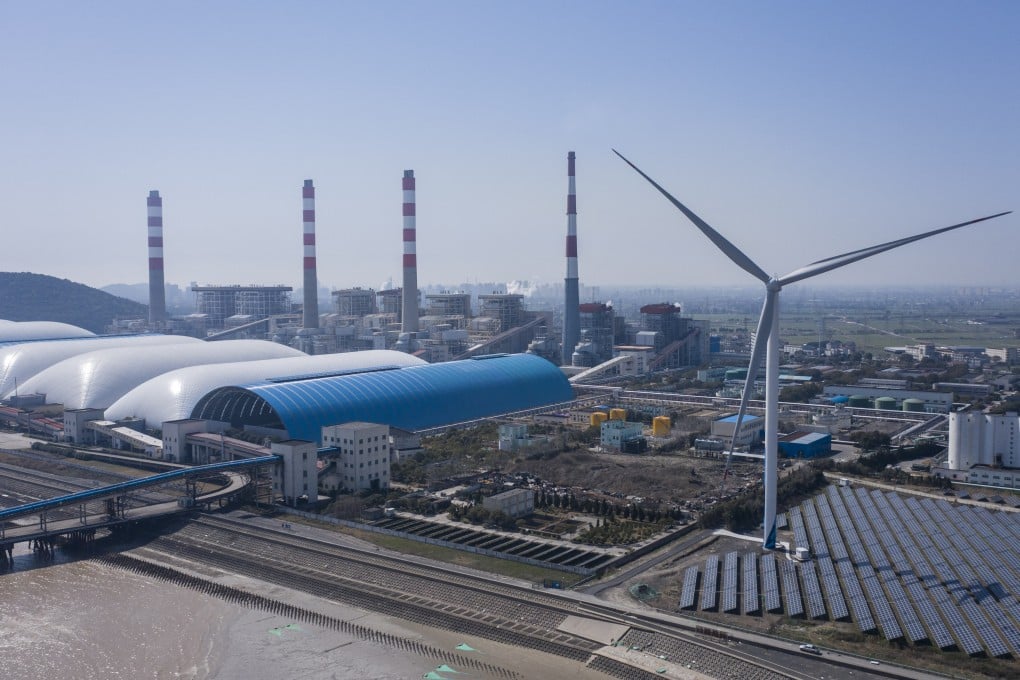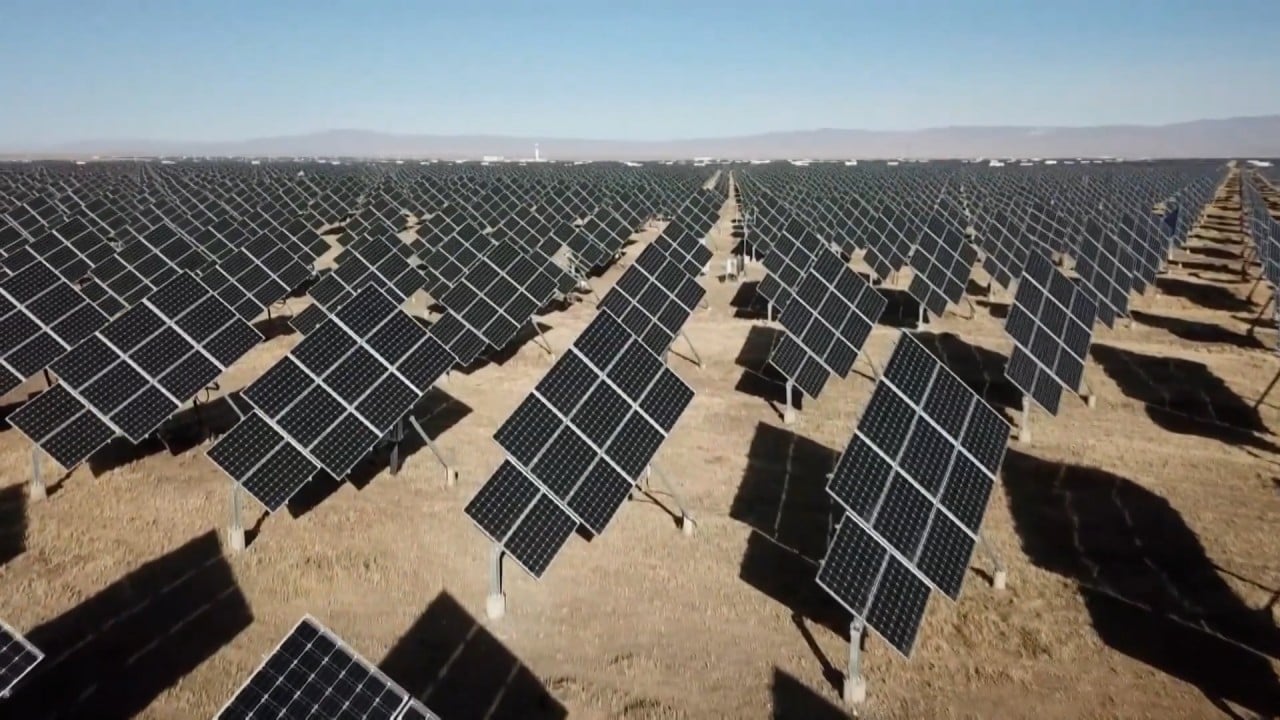Advertisement
Macroscope | Energy crisis and sanctions on Russia are good news for Asia’s climate fight
- Asia faces higher energy prices like the rest of the world, but in the long run this will accelerate the transition to cleaner, more reliable forms of energy
- Falling prices for renewable energy projects combined with firm climate commitments in the region will drive more power generation from renewable sources
Reading Time:3 minutes
Why you can trust SCMP

The demand for energy is growing most rapidly in Asia. Given the region’s strong economic growth, Asia is expected to represent most of the global rise in energy demand through to 2040.
Advertisement
A decreasing amount of that growth will be met by traditional fossil fuels as the need to tackle the climate crisis along with technological advancements mean renewable energy will become much more important. For the moment, though, renewable energy capacity cannot meet demand or the expected growth that comes with increased electrification of Asian economies.
This means that Asia, like Europe and the Americas, is feeling the effects of the current energy crisis. That translates into higher inflation and, in many economies, higher interest rates.
However, higher energy prices today should reinforce and accelerate the transition to cleaner, cheaper energy in the future. There is a symbiotic relationship here as strong growth means an accelerated adoption of green energy, which then further boosts economic competitiveness.
Despite the acknowledgement that society needs to accelerate its transition to a net zero economy in the coming decades, recent developments have shown that the journey will not be straightforward.
The recovery in global GDP growth in 2021 exposed capacity constraints in traditional energy markets. Some of this can, arguably, be ascribed to reduced capital allocations to companies in the fossil fuel industries.

Advertisement

